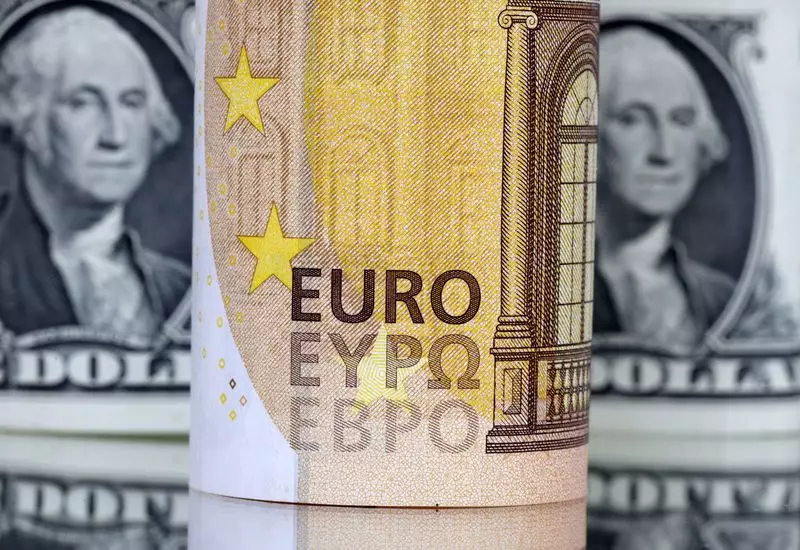As the European Central Bank (ECB) gears up for its upcoming policy-setting meeting, traders and analysts are keenly assessing the potential repercussions on the euro (EUR). With market expectations fluctuating, a recent report from Citigroup has prompted a close examination of the euro’s trajectory in light of these developments. Traders are advised to take a cautious stance concerning the euro, especially in the wake of potential market fluctuations surrounding the ECB’s decisions.
Current market conditions reveal that investors are projecting nearly 49 basis points of rate easing over the remaining ECB meetings this year. This anticipation is critical as it indicates limited scope for significant dovish signals surrounding the impending meeting. Citigroup’s analysis, dated October 15, posits that while a brief rally in the euro may be feasible by the time of the meeting, this should not be mistaken for a long-term trend. Instead, traders are advised to view any upward movement as a prime opportunity to sell, especially as headwinds relating to the US election start to manifest.
Positioning in foreign exchange markets adds an additional layer of complexity. Citi’s data suggests a growing preference for short positions in the euro, arguing that the currency appears undervalued based on short-term assessments. With the euro displaying signs of overreaction to forthcoming market developments, the strategy of shorting the euro aligns with broader trends categorized under election risk dynamics.
A notable point of reference in this trading strategy is the euro’s resistance level, speculated to hover around the 1.10 mark. Should the euro breach the 1.10 neckline, there would be the potential for further upside movement, possibly leading towards a stop of 1.1050. However, if the resistance remains intact, analysts project a significant movement towards the downside, targeting levels as low as 1.08, with additional potential for an overshoot towards 1.07. This projected decline indicates growing skepticism towards euro strength as political uncertainties loom.
As the volatility tied to the US presidential election approaches, the interplay between the euro and the dollar becomes increasingly pronounced. The anticipated election risk premium will likely reinforce bearish sentiments towards the euro as market focus narrows. Thus, traders should prepare for tactical moves, capitalizing on short positions smoothly as political developments unfold. This situation exemplifies the necessity for vigilance in currency trading, especially when external political factors exert pressure on economic fundamentals.
As the ECB convenes this week, the outlook for the euro remains tenuous amidst considerable economic and political transformations. Traders would be wise to adhere to strategic practices in navigating this shifting landscape, employing a keen awareness of both the ECB’s decisions and the broader implications stemming from upcoming events in the US.

